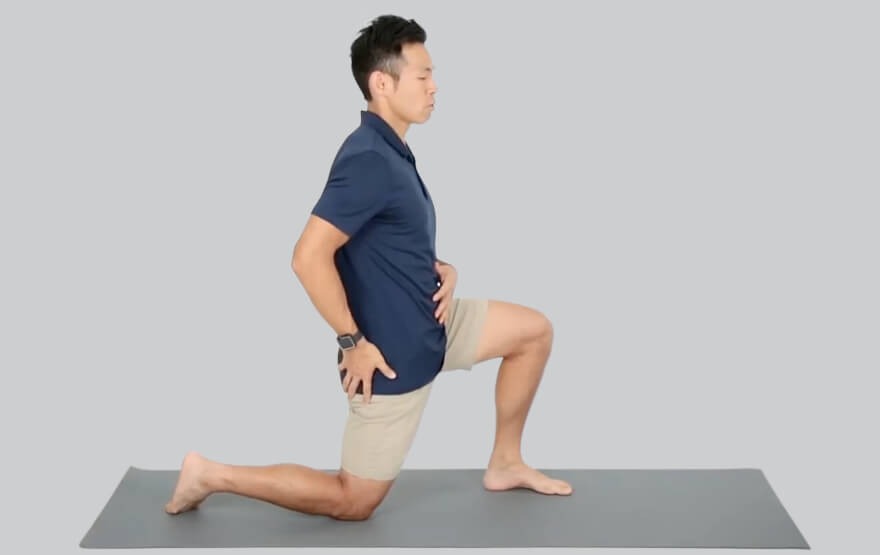In today’s fast-paced world, maintaining a healthy lifestyle can often seem like a daunting task. However, one of the most effective ways to ensure long-term health and well-being is through regular exercise. Whether you’re a seasoned athlete or just starting your fitness journey, the benefits of regular physical activity are immense and far-reaching. This comprehensive guide will delve into the myriad advantages of incorporating exercise into your daily routine, offering insights that can help you reap the full spectrum of rewards.
Physical Health Benefits
1. Weight Management
One of the most well-known benefits of regular exercise is its role in weight management. Physical activity helps burn calories, which can aid in weight loss or maintenance. Moreover, exercise boosts your metabolism, making it easier to maintain a healthy weight over time.
2. Cardiovascular Health
Exercise is a boon for your heart. Regular physical activity strengthens the heart muscle, improves blood circulation, and helps maintain healthy blood pressure levels. This reduces the risk of cardiovascular diseases such as heart attacks, strokes, and hypertension.
3. Muscle and Bone Strength
Engaging in weight-bearing exercises like walking, running, or resistance training helps build and maintain strong muscles and bones. This is particularly important as we age, as it can prevent conditions like osteoporosis and sarcopenia (age-related muscle loss).
4. Improved Immune Function
Regular physical activity can bolster your immune system, making you less susceptible to infections and illnesses. Exercise promotes better circulation, which allows immune cells to move more freely throughout your body and do their job more effectively.
Mental Health Benefits
1. Stress Reduction
Exercise is a natural stress reliever. Physical activity increases the production of endorphins, the body’s feel-good hormones, which help reduce stress and anxiety. Even a short walk can help clear your mind and provide a sense of calm.
2. Improved Mood
Regular exercise has been shown to alleviate symptoms of depression and anxiety. It can also boost your overall mood and sense of well-being, thanks to the release of endorphins and other brain chemicals that promote happiness.
3. Enhanced Cognitive Function
Exercise has a positive impact on brain health. It can improve memory, cognitive function, and overall brain performance. Regular physical activity has also been linked to a lower risk of cognitive decline and neurodegenerative diseases like Alzheimer’s.
4. Better Sleep
Struggling with sleep issues? Exercise might be the answer. Regular physical activity can help you fall asleep faster and enjoy deeper, more restful sleep. Just be mindful to avoid vigorous exercise close to bedtime, as it may have the opposite effect.
Social Benefits
1. Increased Social Interaction
Many forms of exercise, such as group fitness classes, team sports, or even walking clubs, provide opportunities for social interaction. Engaging in physical activities with others can help build relationships, improve social skills, and reduce feelings of loneliness.
2. Community Engagement
Participating in local fitness events, such as charity runs or community yoga sessions, can foster a sense of belonging and community engagement. These activities not only promote physical health but also strengthen social bonds.
Long-Term Benefits
1. Increased Longevity
Regular exercise has been linked to a longer lifespan. Engaging in physical activity can add years to your life by reducing the risk of chronic diseases and improving overall health and well-being.
2. Enhanced Quality of Life
Beyond adding years to your life, exercise can add life to your years. Regular physical activity helps maintain mobility, flexibility, and independence as you age, allowing you to enjoy a higher quality of life.
How to Get Started
1. Set Realistic Goals
Begin by setting achievable fitness goals. Whether it’s walking for 30 minutes a day or signing up for a local 5K run, having clear objectives can keep you motivated and on track.
2. Find an Activity You Enjoy
The key to sticking with an exercise routine is finding activities you genuinely enjoy. Whether it’s dancing, swimming, hiking, or playing a sport, choose something that makes you look forward to being active.
3. Start Slow and Gradual
If you’re new to exercise, start slowly and gradually increase the intensity and duration of your workouts. This approach helps prevent injuries and makes it easier to integrate exercise into your daily routine.
4. Mix It Up
Variety is the spice of life, and the same applies to exercise. Mixing different types of physical activities can keep things interesting, prevent boredom, and ensure all aspects of your fitness are addressed.
5. Stay Consistent
Consistency is key to reaping the long-term benefits of exercise. Aim to incorporate physical activity into your daily routine, making it a non-negotiable part of your lifestyle.
Conclusion
Regular exercise is a powerful tool for improving physical, mental, and social health. Its benefits extend far beyond the gym, enhancing every aspect of your life and contributing to long-term well-being. So, lace up those sneakers, find an activity you love, and embark on a journey to a healthier, happier you. Your body and mind will thank you for it.
For more tips and insights on living a healthier lifestyle, check out our other articles at NewsHunt360.
By providing comprehensive and valuable content, this blog post not only drives traffic but also enhances SEO, positioning your platform as a credible source of information in the health and fitness industry.

